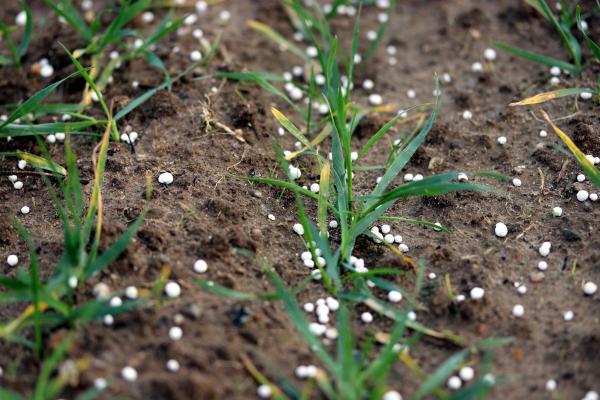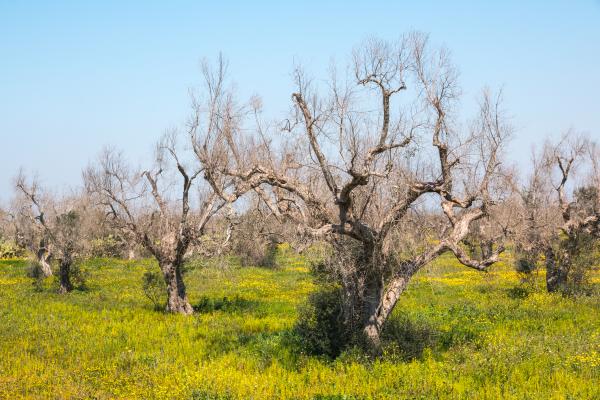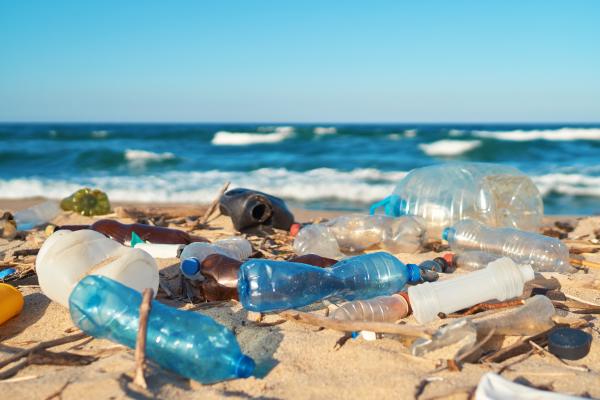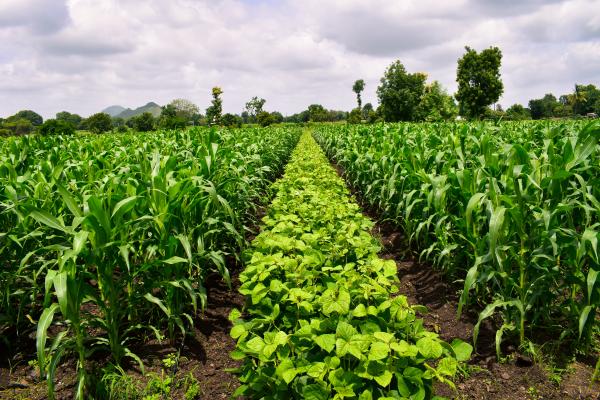Filter by
Science for Environment Policy - All News (114)
RSS
Issue 610: Phosphorous (P) fertiliser from rocks is a limited resource with rising prices. This study investigates ways to enhance P release from biowaste materials to soil, to increase viability of these alternative sources.

Issue 610: This study across five European countries identifies key factors that influence local community support for protected areas and considers how stated support is also associated with compliance with regulations and the decision to volunteer.

Issue 610: The bacterium Xylella fastidiosa (Xfp) has attacked olive trees in Italy since 2013, with severe impacts. However, researchers have now used satellite data to show that bio-fertiliser is proving effective in restoring the agro-ecosystem.

Issue 610: Invasive species can harm native ecosystems and impose a high cost on society. This study reports 129 non-native species at 30 sites in Spain at the fresh/saltwater interface and suggests prioritising monitoring and response efforts.

Issue 610: Remote mapping shows promise as a cost-efficient way to roughly predict lichen communities in European boreal forests, finds a study of aspen trees in southern Finland.

Issue 609: Over the last decade policymakers across the world have implemented measures to counter plastic pollution. This independent study analyses these key policy initiatives and concludes that they are backed by science.

Issue 609: Using recovered electric vehicle batteries to create storage for energy surpluses from wind farms in Tenerife is technically and economically feasible, says a study, although, if energy prices are too low, this would impair profitability.

Issue 609: Abandoning grassland, as well as a focus on monocultural plantation forests on the habitat, hurts biodiversity and affects its capacity to provide services which enable effective ecosystem functioning, suggests research from Estonia.

Issue 608: Farmers could boost ecosystem services on their cropland by practicing traditional diversification methods that support arthropods, suggests a new study from Sweden.

Issue 608: Red foxes are ingesting closantel, a veterinary drug. A study suggests that it is useful to monitor red foxes for veterinary residues in the environment as they are at risk of developing drug-resistant parasites.
